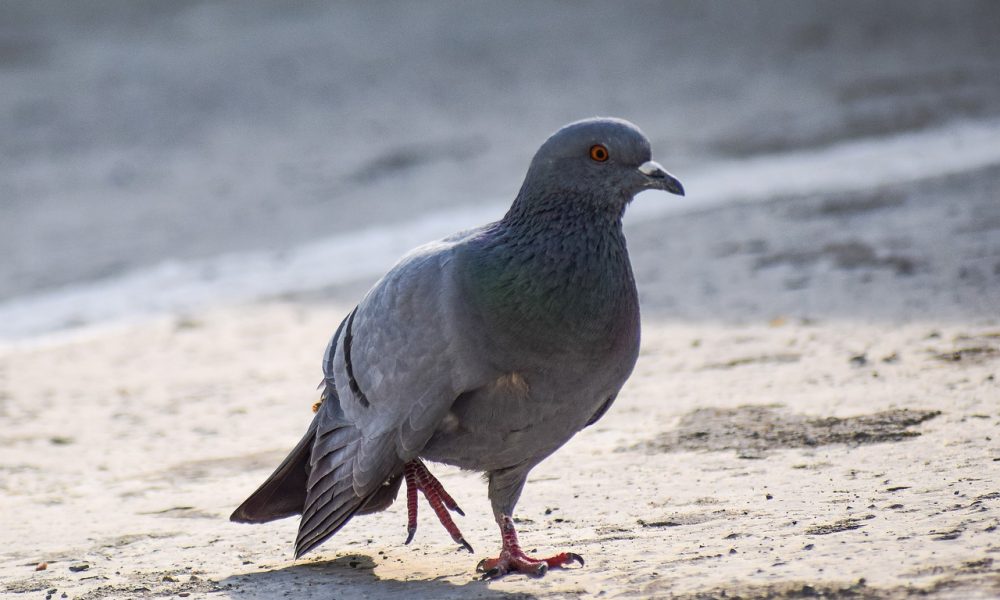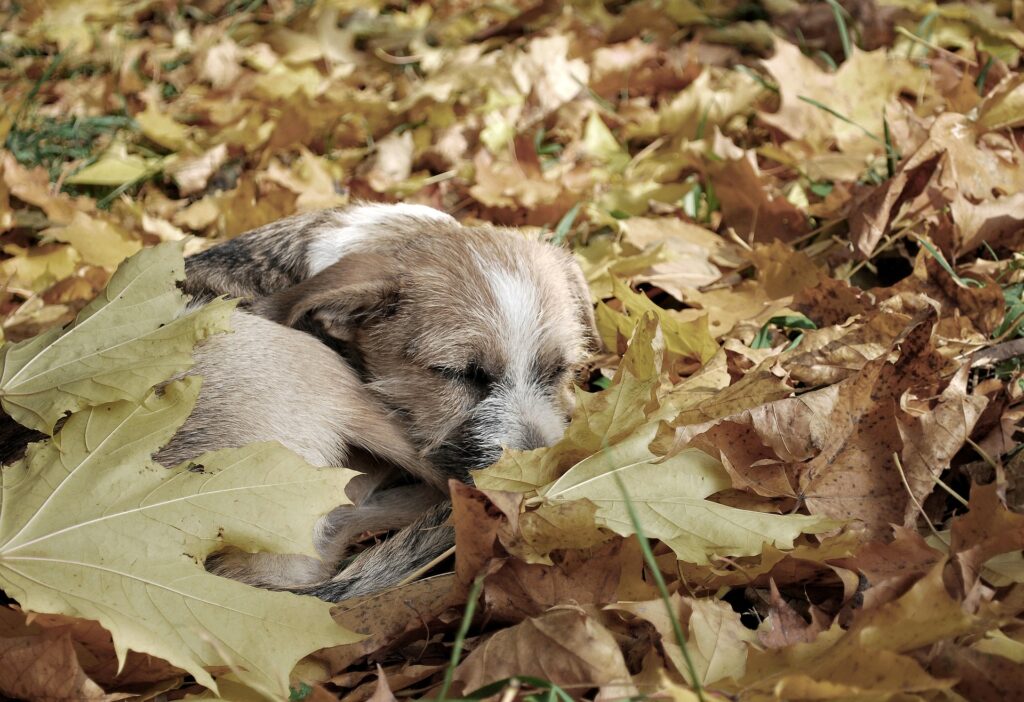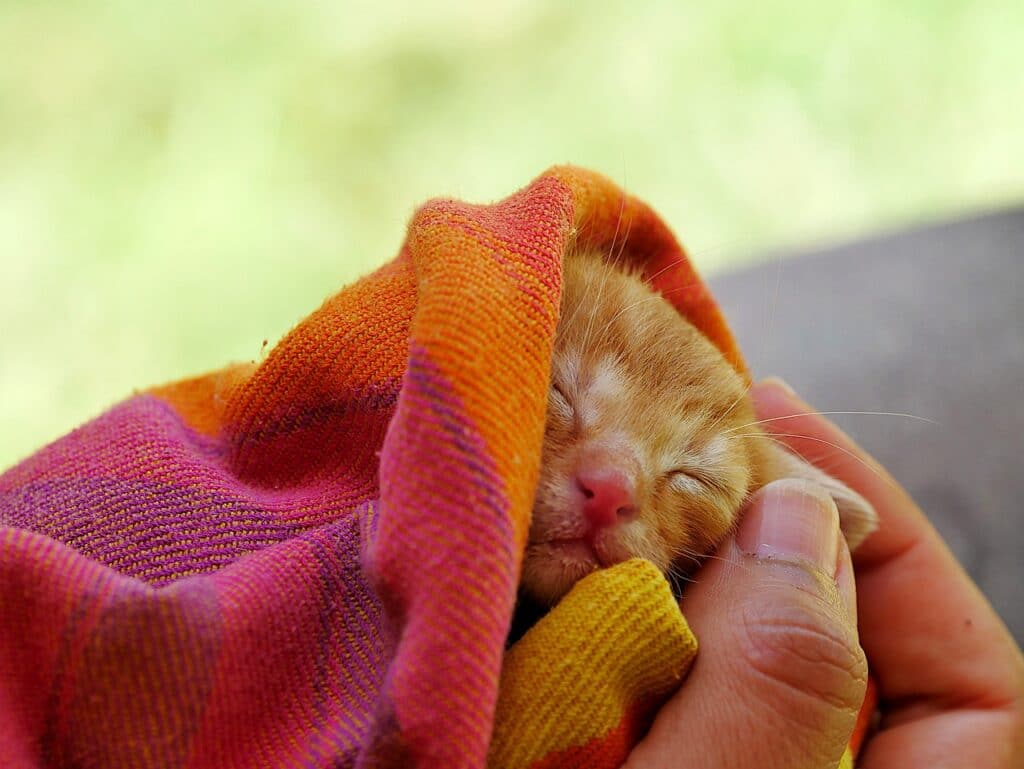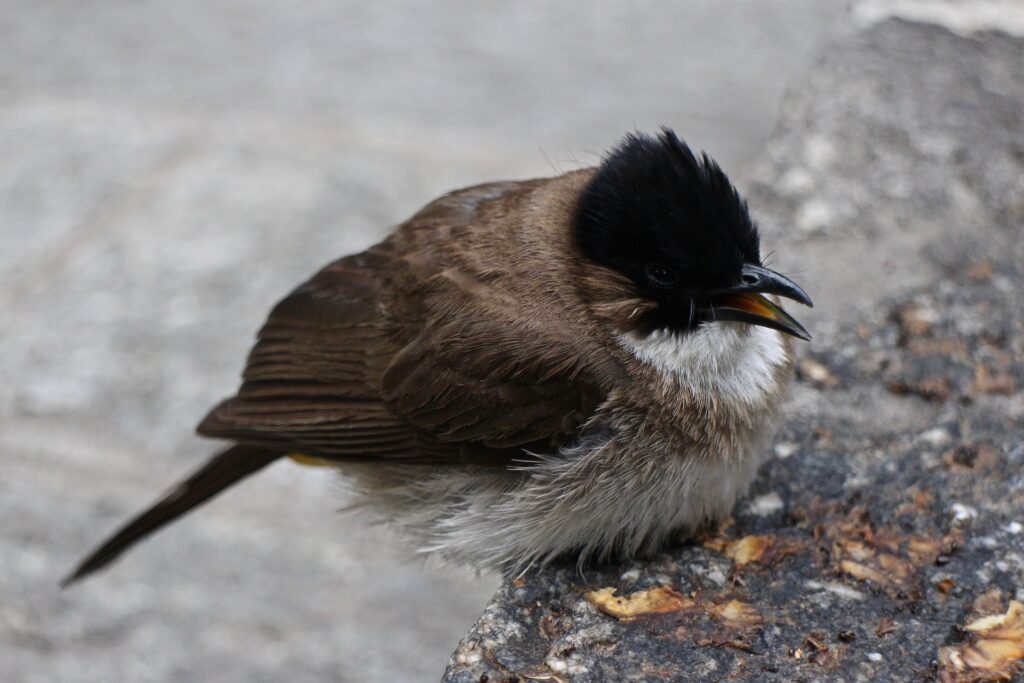
What You Can Do If You Find Orphaned or Injured Animals
Clearly, the instinct is to help when most people see an orphaned or injured animal. Furthermore, if that animal is a baby, the desire to reach out maybe even stronger. But is it a good idea? What should you do if you find orphaned or injured animals in Florida?
There are plenty of thoughts on this subject. If you have any concerns, contact World Class Wildlife Removal for advice.
Let’s go right to the source trusted by all. According to The Fish and Wildlife Service,
“In most cases, if you encounter a baby animal the best thing to do is to leave it alone or place the animal back where you originally found it. Many times a baby animal is not abandoned but is hiding from predators while the mother is off feeding.”
Let’s remember, we are talking about “wild” animals here. Anytime people come across wildlife, they should use caution because you never know how a wild animal will react to your “helpful hand.”

According to the RSPCA, the following animals cannot be handled by the public.
- badger
- bird of prey
- fox
- goose
- gull
- heron
- injured deer
- otter
- seal
- snake
- swan
- wild boar
Recognizing the signs that an animal actually needs help is one of the first things you should know if you have a heart for these creatures.
Does the Animal Really Need Help?
To avoid imminent danger, a turtle slowly crossing the road may need help to quickly get to the other side. That is perfectly fine.
A lost pet may require you to read the tag and see if they have an owner. That is okay too.
But there are signs to look for when an orphaned or injured animal is really in trouble and requires immediate assistance.
Take a look at a few more evident signs that a wild animal needs help.
- When the animal is bleeding
- If a pet a dog or cat delivers the wild animal
- When the animal is shivering
- If the animal has an apparent broken limb
- When there is a bird that is flightless or without its feathers and is on the ground
- If an animal is in obvious distress and is whining or crying
- There are other dead animals or a dead parent near
Those instances are all signs the creature may need assistance. It is good to safely care for them until a rehab specialist or wildlife company can pick up the animal.

Collecting Orphaned or Injured Animals Needing Care
Never handle a wild critter without some precaution. Once you identify they need care, call for a professional wildlife team to retrieve the animal. Then you can begin the process of capturing the animal. Here is what we suggest.
- Protect yourself first. You will need a good pair of gloves and a towel or pillowcase.
- Find a container that is appropriate for the animal in question. Make sure to punch holes in the lid for air and place an old towel or t-shirt inside for comfort.
- Place the towel over the critter so they cannot see they are being scooped up, being very gentle and calm in doing so.
- Once they are safe in the container or cage, place it in a warm, dark, quiet place until the critter can be transported.
- Avoid playing parent and feeding them. If they are in shock, you can harm the animal by attempting to provide food for them when they are not ready. Not to mention, most people would not know what to feed the baby. It is best to let the wildlife pros handle that.
- If you are driving the animal to the rehabilitator, be sure to keep the car nice and quiet. Remember, they are scared, possibly hurting, and are unaccustomed to human voices.
As always, World Class Wildlife Removal is here to help on the west coast of Florida and Pinellas County.
Care for Specific Orphaned or Injured Animals
If you are sure you have found a wild animal in need of help, you can call on one of the following.
- Your local veterinarian clinic
- A local wildlife rehabilitator
- Or your local wildlife removal company.
Below is a list of critters that people most often find seemingly needing help.
Baby Birds: If a baby bird has fallen from its nest, you can place it back in the nest. First, watch and see if the Mama bird is watching to teach the baby to fly.
Baby Rabbits: If the rabbit has its eyes open and is at least four inches in length, allow them to go independently. And if the injured rabbit is in a nest, definitely leave it alone. However, if the baby is damaged and there seems to be no other rabbit around to help, go ahead and pick up the baby and call for a rehabilitator.
Baby Squirrels: When a baby squirrel falls from the nest, wait and see what the mother does. If the mother is nowhere near, you can intervene. And if the nest has fallen from the tree, they may need help too. But if the rabbit is not hurt, leave it alone.
Baby Opossums: If the baby is three to four inches long, they may have fallen off the mother’s back. In that case, they may need help. But if they are seven or more inches long, they can fend for themselves.
Baby Fox: Kits will roam and play when the parents are not home. This is a natural part of the baby fox’s development. But if they seem injured, call for wildlife removal and rehabilitation.
Baby Racoons: Now, raccoon mamas do not leave their babies. If you see one all alone, it is most likely an orphan. But the mother may come looking for the baby in the evening. In any case, if it is hurt, you can get help. But if it is just alone, watch and protect it until the evening and see if the mother comes to find her baby.
Baby Skunks: Like with raccoons, the mama will likely come to find her babies. You should simply protect the baby and allow her time to come around.

A Note About Rabies
Anyone who cares for animals should be aware that there are no indications for rabies because it is a neurological disease. So, it is a good idea to know a bit about the risk before you interact with wildlife.
The rabies virus can be transmitted through the bite of an infected animal. A human can also gain exposure to rabies through contact with fur, blood, feces, or urine from wild animals. Do not take any chances if you suspect that you have located an orphaned or injured animal with rabies.
Always wear gloves when handling any baby animal, so you are protected and call for a professional too.
World Class Help for the Orphaned or Injured Animals
At World Class Wildlife Removal, we deal effectively with the safe and humane trapping, removal, control, and capture of orphaned or injured wildlife. In addition, we are committed to helping you or your business handle wildlife conflicts with a humane, effective, and safe approach.
When called to remove wildlife, we perform the following services and more.
- Capture or trapping of the creature.
- Repair any part of the home or property.
- Repair insulation or replace it when needed.
- Clean up, sanitization, and deodorization of the attic, crawl space, or basement.
- And the relocation of the orphaned or injured animal to a safe and approved place.
At World Class Wildlife Removal, we love to help when baby animals, sick, injured, or orphaned, need us. And we look forward to serving our community in and around the west coast of Florida with quality wildlife removal and friendly service.
Contact our team for advice or removal today if you locate an orphaned or injured animal or animal.
